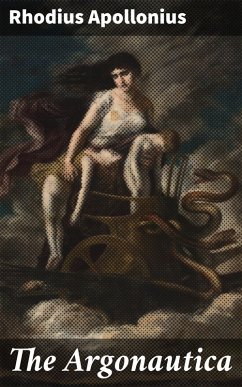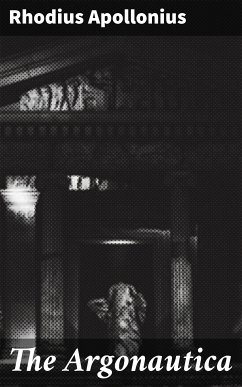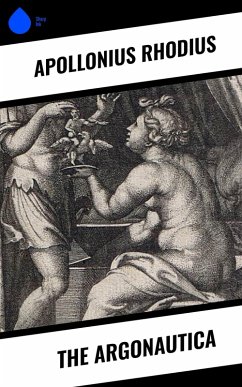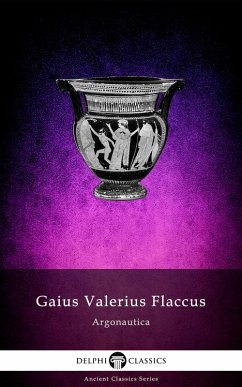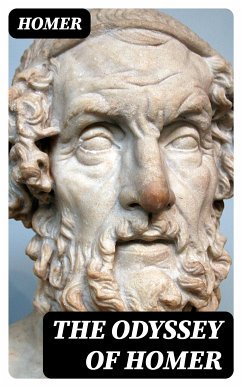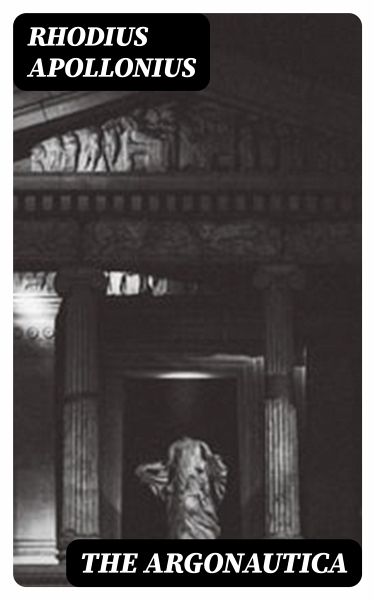
The Argonautica (eBook, ePUB)

PAYBACK Punkte
0 °P sammeln!
In 'The Argonautica', Rhodius Apollonius reinterprets the myth of Jason and the Argonauts, crafting an epic poem that deftly blends adventure with deep emotional resonance. Written in the Hellenistic period, this work distinguishes itself through its complex characterization and sophisticated narrative style, moving beyond the traditional heroic paradigm of earlier epics. Apollonius employs vivid imagery and intricate symbolism to explore themes of love, ambition, and the struggle against fate, all while maintaining a rich poetic meter that resonates with classical sophistication. The poem cha...
In 'The Argonautica', Rhodius Apollonius reinterprets the myth of Jason and the Argonauts, crafting an epic poem that deftly blends adventure with deep emotional resonance. Written in the Hellenistic period, this work distinguishes itself through its complex characterization and sophisticated narrative style, moving beyond the traditional heroic paradigm of earlier epics. Apollonius employs vivid imagery and intricate symbolism to explore themes of love, ambition, and the struggle against fate, all while maintaining a rich poetic meter that resonates with classical sophistication. The poem challenges conventions, offering a nuanced portrayal of heroism that reveals the vulnerabilities of its characters as they navigate treacherous waters and profound personal dilemmas. Rhodius Apollonius, a contemporary of the great library of Alexandria, was deeply immersed in the literary culture of his time, influenced by both earlier epic traditions and the burgeoning Hellenistic interests in individual psychology and emotional conflict. His engagement with philosophical thought and the exploration of human emotions in the interplay between divine intervention and personal agency informs the depth of his narrative. This backdrop of intellectual inquiry and cultural dynamism significantly shaped his vision in creating 'The Argonautica.' Recommended for scholars and enthusiasts of classical literature alike, 'The Argonautica' offers a rich tapestry of myth and humanity that transcends its narrative scope. Apollonius's epic invites readers to reflect on the interplay between destiny and choice, making it a timeless addition to the epic tradition. This work will captivate anyone interested in the evolution of Greek poetry and the intricate depths of its heroic narratives.
Dieser Download kann aus rechtlichen Gründen nur mit Rechnungsadresse in A, B, BG, CY, CZ, D, DK, EW, E, FIN, F, GR, H, IRL, I, LT, L, LR, M, NL, PL, P, R, S, SLO, SK ausgeliefert werden.




